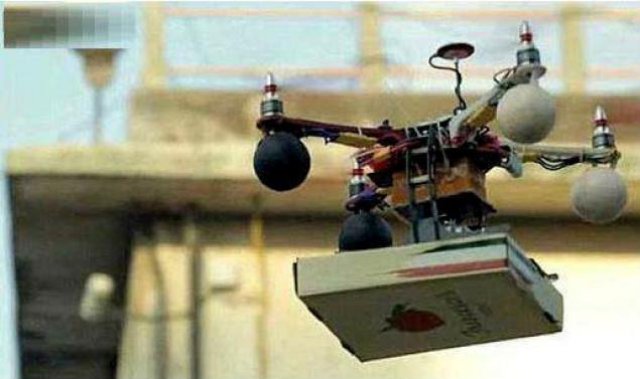In the absence of any regulatory mechanism, unmanned aircraft or drones continue to hover on the skyline of Mumbai city. Despite being banned by the Directorate General of Civil Aviation (DGCA), and the Mumbai police, these unmanned aerial vehicles (UAV) were used at least on three different occasions here, The Hindu has learnt.
Such laxity could prove costly, a senior police officer speaking on condition of anonymity, told The Hindu, especially in view of intelligence inputs that these pilotless radio-controlled aircraft could be used by terror outfits.
“In the last two months drones were used on three different occasions — by a South Mumbai hospital during its launch in November, at a suburban mall and during a wedding ceremony,” the officer said. When contacted, the Oberoi Malls in suburban Mumbai did confirm the use of an UAV.
“The drone was part of a college festival at the mall on December 18. Students and alumnus of the Veermata Jijabai Technological Institute [VJTI] created this drone and it caught everyone’s fancy,” said a spokesperson. It turned out permission had been taken only “from the Oberoi Mall management” and its “instructions for customer safety” were adhered to.
However, this is in direct contravention to the restriction imposed by the DGCA. A public notice issued by the DGCA in October reads: “DGCA is in the process of formulating the regulations [and globally harmonise those] for certification & operation for use of Unmanned aircraft systems [UAS] in the Indian Civil Airspace. Till such regulations are issued, no non-government agency, organisation, or an individual will launch a UAS in Indian Civil Airspace for any purpose whatsoever.”
In May this year, following the use of a drone by a local company to deliver pizza, the Mumbai police woke to the dangers of its misuse by terror groups. Police Commissioner Rakesh Maria immediately prohibited their use.
“There are no regulatory guidelines concerning the sales and operation of such aircraft. So when a request is made for the use of drones we allow it on a ‘case-by-case’ basis. If we feel that they would not pose any security threat or cause any traffic snarls, we allow the request,” explained another senior police officer.
Source: The Hindu

